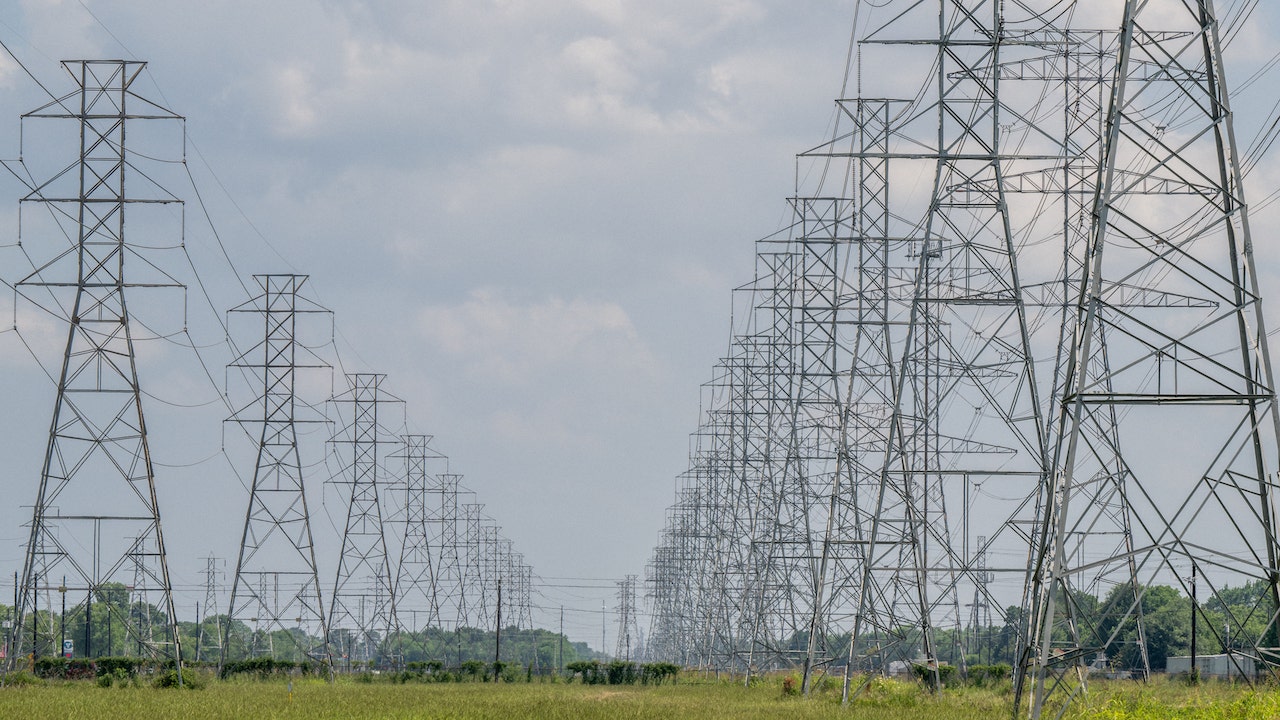
Like your stove, your dishwasher, your lawn mower? Too bad
‘The interesting thing about the Green New Deal,” admitted Saikat Chakrabarti, the former chief of staff to Representative Alexandria Ocasio-Cortez, “is it wasn’t originally a climate thing at all.” It was, in fact, “a how-do-you-change-the-entire-economy thing.” He wasn’t kidding.
The Green New Deal’s literature called for mobilizing “every aspect of American society” to eliminate greenhouse-gas emissions from “every sector of the economy.” It called for upgrades and retrofits to “every building in America,” “charging stations everywhere,” the shuttering of “every” fossil-fuel or nuclear power plant, the forced obsolescence of “every combustion-engine vehicle.” Its architects’ ambitions knew no limits. And while the Green New Deal may be dead, the universalism to which its advocates adhered is very much alive.
Armed with unchecked self-confidence and possessed of an abiding faith in the idea that you must be coerced into altruism, the activists seem to be coming for almost everything you own. In the process, they are waging a crusade against convenience, an assault on comparative advantage, and a war on things that work.
Securing the fossil-fuel-free future that President Joe Biden imagines for us sometime in the 2030s will not be a pain-free proposition — at least that appears to be the conceit of the more radical wing of the environmentalist Left. The scale of the challenge, as they see it, demands sacrifice from us all. One of their most controversial moves is to give up natural-gas-powered appliances, your gas kitchen range foremost among them.
The relentless lobbying of local governments to forbid natural-gas hookups in new buildings had already succeeded in a number of municipalities when the U.S. Consumer Product Safety Commission (CPSC) sought public comment earlier this year on a proposal to impose a ban nationwide. By then, California had announced its own ban, to begin in the next decade, on the sale of new natural-gas-powered appliances, and New York State was set to follow suit.
The logic of this proscription was twofold. First, it was justified by dubious research, one example of which suggested that cooking with gas in an “airtight” room sealed by “clear plastic sheets” can cause adverse health effects over the long term. It is, indeed, best to avoid preparing meals in a level-four biocontainment facility. Other studies purporting to prove that gas-stove pollution increases the risk of childhood asthma screened out contradictory findings or, as the American Gas Association later observed, “conducted no measurements or tests based on real-life appliance usage.” Ultimately, Rocky Mountain Institute manager Brady Seals admitted to the
Washington Examiner that his organization’s highly publicized summary of past studies, which concluded that gas stoves were responsible for a 12.7 percent increase in asthma among kids, “does not assume or estimate a causal relationship.” The second, more honest rationale concerned a general desire to rid the world of the roughly 13 percent of U.S.-produced heat-trapping emissions that residential and commercial structures contribute. Of course, your own preference plays no role in the bureaucrats’ deliberations. “Products that can’t be made safe can be banned,” CPSC commissioner Richard Trumka Jr. warned.
Since they hoped to conserve the status quo, those who objected to this sweeping proposal were summarily dismissed as blinkered promoters of philosophical conservatism. The pro-gas-stove dissidents were accused of either succumbing to a right-wing fever dream or nefariously contriving what
Axios called “a new culture war.” But the environmentalists failed to account for one reason people do not wish to replace their gas range with an electric one: The first appliance does things the second cannot.
If your only goal in the kitchen is to get something very hot as fast as possible, both gas and electric ranges will do the job. But what if you want to regulate the temperature of your range? What if you set out to sauté, flambé, braise, or char? What if your cultural affinities involve the use of round-bottom cooking pots such as woks, or if tradition requires an open flame? What if you just appreciate those styles of cuisine and do not reside in an urban enclave where they are an Uber Eats order away? Even the executors of gas-stove bans recognize the validity of at least some of these arguments, or else the city of Palo Alto, Calif., wouldn’t have provided
More:
https://www.nationalreview.com/magazine/2023/06/12/the-war-on-things-that-work/








